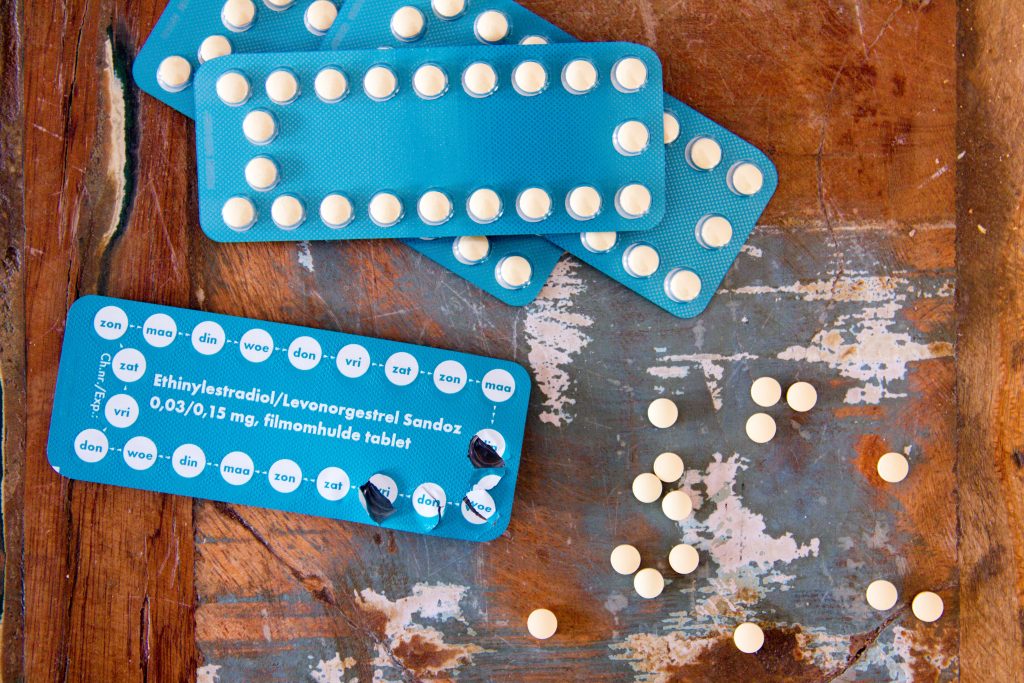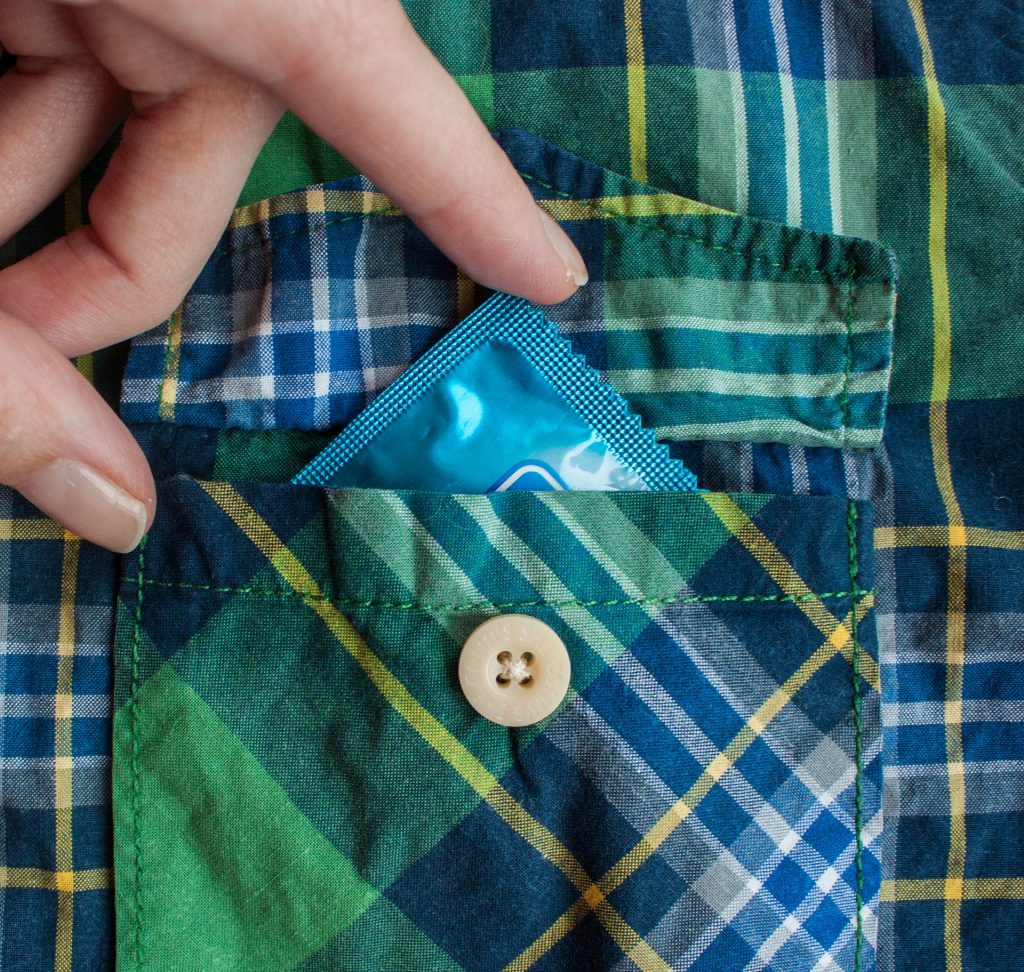Contraception Advice
With science getting more and more advanced as the years go on, it is no wonder there are so many types of contraception available. But which one will work best for you? Find out which method is right for your with our contraception advice.
Condoms (internal and external)
Internal
Internal condoms are used by females in order to create a barrier between the sperm and egg. This method is reasonably effective if used properly with a 95% average at preventing pregnancy and provide STI protection to anyone using them.
External
External condoms are similar to internal condoms in terms of STI and pregnancy protection. External condoms are 98% effective and used by fitting over an erect penis in order to create a barrier between a male’s sperm and a female’s egg.
Contraceptive Implant
The contraceptive implant is a small rod placed under the skin normally in the upper arm. The rod works by releasing progestogen hormone into the body in order to prevent the ovaries from releasing an egg each month and therefore preventing pregnancy. This form of contraception is over 99% effective but does not protect you from STI’s.
Contraceptive Injections
The contraceptive injection contains the hormone progestogen and in turn, aims to prevent pregnancy from occurring. There are 3 types available however Depo-Provera and Sayana Press are the favoured choices in the UK. These two types protect against pregnancy for 13 weeks and 99%effective when used perfectly.
Combined Pill
The combined pill is a popular form of contraception for many reasons. It works by combining the hormones oestrogen and progestogen; with these hormones being taken the pill works to stop a woman’s ovaries from releasing an egg each month as well as making the lining of the womb thicker and thickening the mucus in your cervix. This method does not protect users from STI’s and is over 99% effective if used perfectly.
Progestogen-only Pill
The progestogen-only pill contains only one hormone which differs them from the combined pill as they don’t contain oestrogen. This contraception is 99% effective when used perfectly and does not protect you against any STI’s. For more information on which pill you should choose, you can contact your GP or local sexual health clinic for contraception advice.

Contraceptive Patch
The contraceptive patch is effective if used perfectly and comprises of a 5cm x 5cm, beige coloured patch that is stuck on to the skin and releases hormones. This patch is 99% effective and does not protect against any sexually transmitted infections.
Contraceptive Vaginal Ring
The contraceptive vaginal ring is a clear ring that releases hormones similar to those released when taking the combined pill. The ring works by being inserted into the vagina for 21 days and removed for 7 days in the ‘ring free’ week. This form of contraception is 99% effective and does not protect users from STI’s. For more information on this, you can see contraception advice from your local GP or sexual advisory clinic.
Intrauterine Device (IUD)
The IUD is a copper coil and plastic device that is put into your uterus in order to stop sperm surviving and prohibit a fertilised egg from reaching the uterus. This form of contraception is over 99% effective and is one of the most effective methods of contraception available, however, it does not protect against STI’s.
Sterilisation
Sterilisation is a form of contraception that is only recommended to those who do not want any children in the future. Both males and females can be sterilised, and this form of contraception is over 99% effective. For more information on sterilisation, contact a health care professional for contraception advice.
Emergency Contraception
Emergency contraception or the “morning after pill” is a pill usually brought from pharmacy’s or your GP, which prevents ovulation, fertilisation of an egg or a fertilised egg implanting in the uterus. It is recommended that you seek this pill as soon as possible after intercourse in order for it to be most effective.
